
From Roger Ebert: https://www.rogerebert.com/streaming/gen-v-the-boys-prime-video-tv-review-2023
Gen V
Superhero fatigue has finally hit mainstream audiences in the last couple of years. Abysmal box office numbers and critical work about the failings of many franchises have begun to strike. But, one IP remains in the good graces of of fans and critics alike. Since its inception in 2019, Prime Video’s “The Boys” has achieved something other superhero films or TV shows have not: engaging criticism about the genre it's bound to.
When it was announced that there would be a spinoff of "The Boys," fans and critics alike were wary. Not only is a spinoff something that other superhero IPs have often failed at, but this one would also focus on young adults at a university. The coming-of-age genre is not necessarily something superhero IPs have done well (remember Hulu’s “Runaways” adaptation?). Would the creators lose sight of what they’re attempting to critique? The answer, thankfully, is no.
“Gen V” begins with a young girl—later revealed to be the child version of the show's main character, Marie Moreau (Jaz Sinclair)—getting her period for the first time. She’s confused by the event and is even more so when her blood begins to float as if the substance has a mind of its own. Things get weirder (and more violent) from there, culminating in a brutal and shocking introduction to Marie and “Gen V” as a show.
Thankfully, the surprises don't stop there. We follow an older, traumatized Marie in a mundane life that she desperately longs to escape. A way out comes in the form of an acceptance to Godolkin University School of Crimefighting, a school that specifically houses students with super-powered abilities.
"Gen V" reveals the messiness of young adulthood, basking in displays of drunken mistakes and glimpses of bodily fluids. At its core, though, “Gen V” draws viewers in with a mystery at the center of its story. Late one night, Marie sees security personnel employed by the university take an erratic young man - later revealed to be named Sam (Asa Germann), who ends up becoming an essential character in the story - into their custody. Thinking nothing of it, she lets it go until other events cause her and her new friends to believe this isn't an isolated incident and perhaps these students aren’t the ones causing harm.
Later, after a public student death and a subsequent cover-up, Marie quickly becomes a hero in the public eye. She rises in the ranks at school and outside of it, becoming the first freshman on the school’s power ranking roster. Shining through the cameras and makeup, though, Marie must question her integrity as she knows that she's not the hero the school is making her out to be. Guided by the hand of Superintendent Indira Shetty (Shelley Conn), Marie must attempt to free herself from the clutches of those who wish to control her.
“Gen V” masterfully juggles its laugh-out-loud comedy and biting critiques with its more serious moments, becoming a show about young people rectifying or trying to recover from the mistakes of the adults in their lives. Each character is haunted by the shadow their parents have left them in, whether intentionally or not, and ultimately, the show attempts to allow them to escape it. Slowly but surely, each character wrenches themselves from the clutches of their past until they can become freer versions of themselves and build the new family they have longed for.
The chemistry between the group is fantastic, and as the season goes on, disdain for each other unravels into a bond that each of them desperately needs. Two standouts are Emma (Lizzie Broadway), Marie’s roommate, and Andre (Chance Perdomo), the wingman for Golden Boy (Patrick Schwarzenegger), the top-ranked student at Godolkin University. In the first episode, both Emma and Andre appear as if they will strictly remain sidekicks, but quickly, the two become essential to not only the story “Gen V” is trying to tell but the new family these characters find themselves in. With the power to get as small as a pinkie finger and the power of magnetism manipulation, respectively, these two don’t initially stand out amongst the other powers "Gen V" is showing off. However, the actors provide some of the series' best and most emotional work.
Whether it's the handful of charismatic characters or an abrupt cut-to-black followed by a Hole needle-drop, it's clear from the first episode that fans of "The Boys" are in good hands. What could have been a catastrophic spin-off instead establishes that this may be the sole superhero franchise that still understands what its viewers want. Nor is “Gen V” completely bound to its predecessor; it can exist separate from “The Boys” and its characters. Sure, there may be a glimpse of Homelander and a slightly jarring cameo from another hero later in the season, but what makes this show great is that anyone can enjoy it. “Gen V” is a fun and biting coming-of-age drama—it just happens to be full of superheroes.











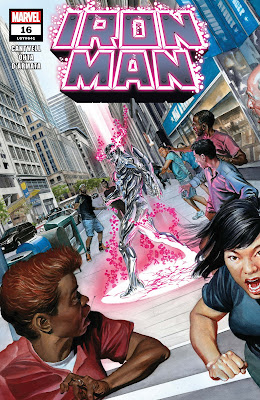
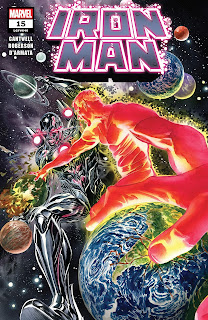




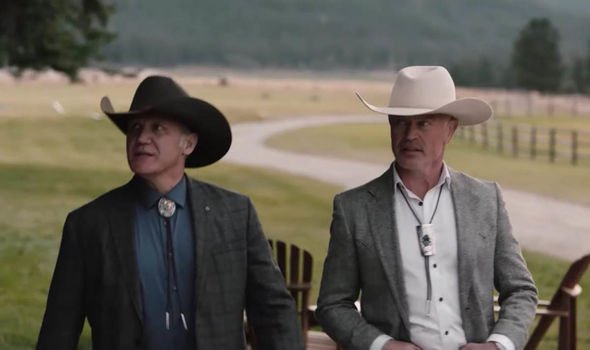
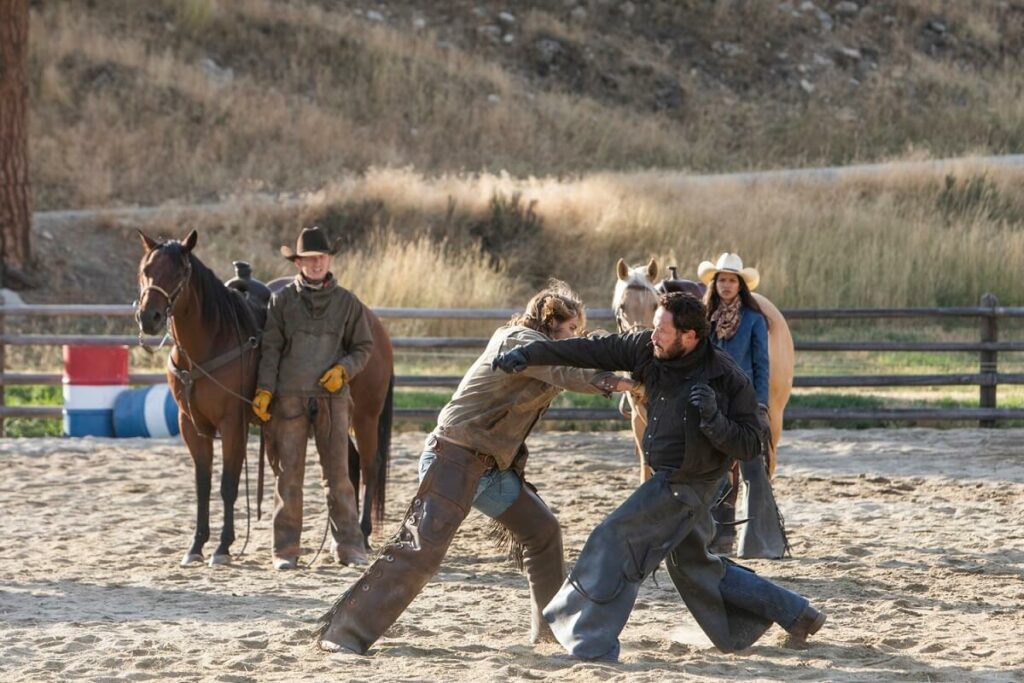 Kayce versus Rip
Kayce versus Rip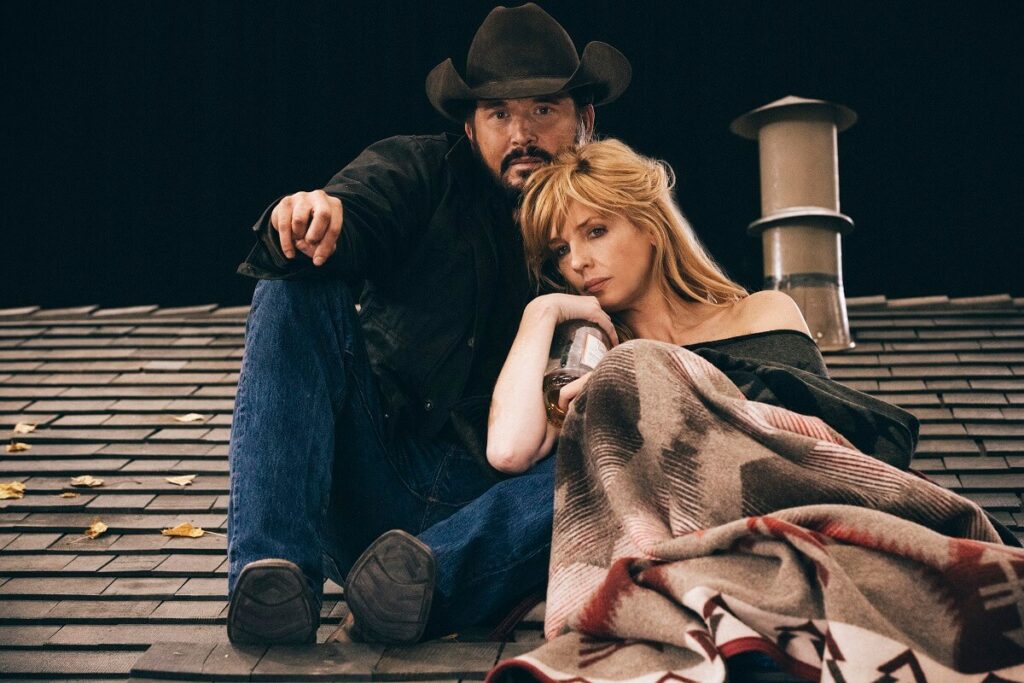 Beth and Rip
Beth and Rip




